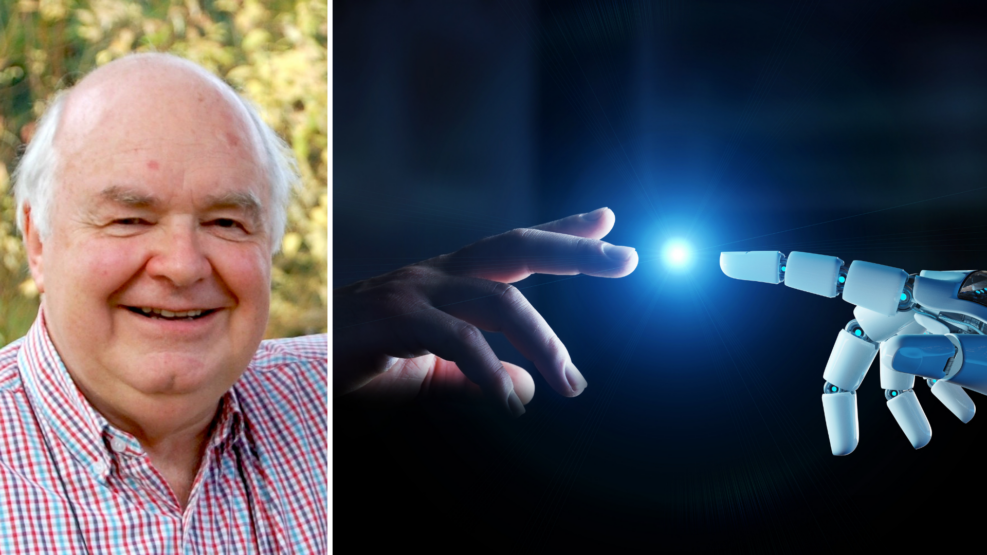
Anti-Aging: Is it Possible or a Pipe Dream?
A brand-new video on the topic of anti-aging technologies from the 2023 COSM conferenceThe Walter Bradley Center for Natural and Artificial Intelligence is pleased to be able to share the videos from the 2023 COSM conference, now available on YouTube. This annual conference explores the status and the future of our era-defining technologies, from artificial intelligence to electric vehicles to new developments in biotech. Today’s video features a discussion on anti-aging, and whether this is even a possibility. Matt Scholz, CEO of Oisin Biotechnologies, leads a discussion with Vered Caplan, CEO of Orgenesis, and Elena Sergeeva, Neuroscientist at Tufts and Harvard and co-founder of Tiamat Labs, about anti-aging biotechnologies — how genetic reprogramming of cells could negate the effects of aging and even allow a person to stay in perfect health indefinitely, essentially Read More ›















